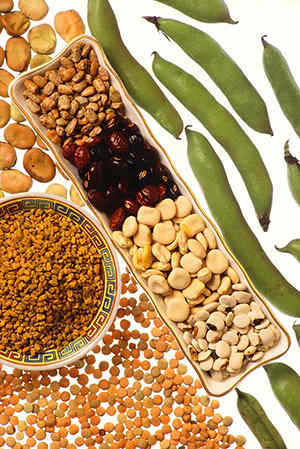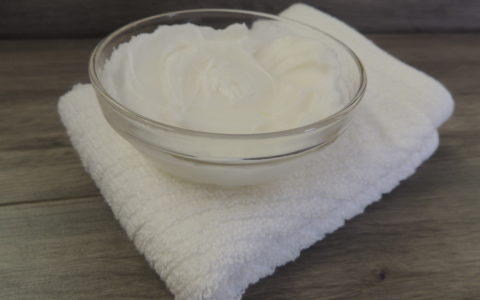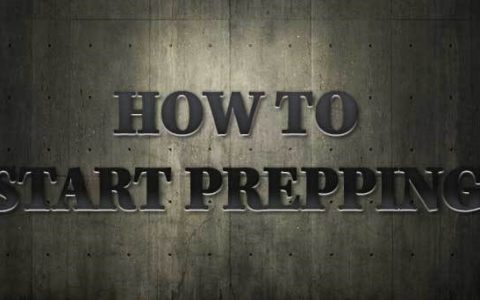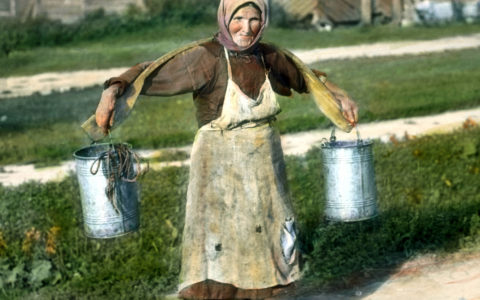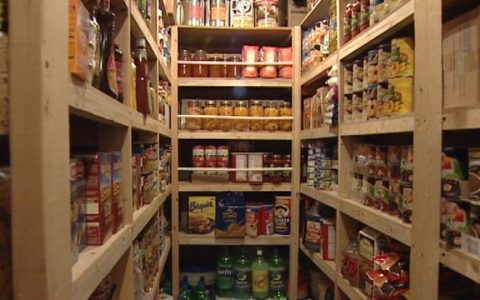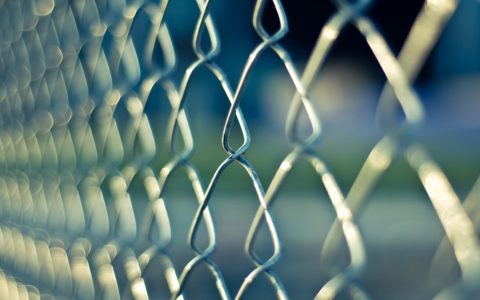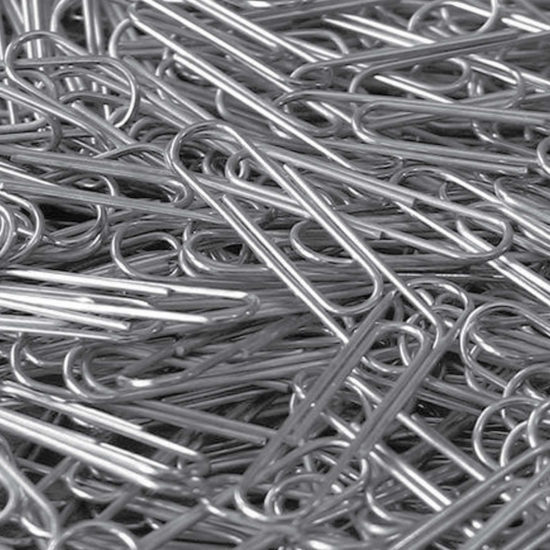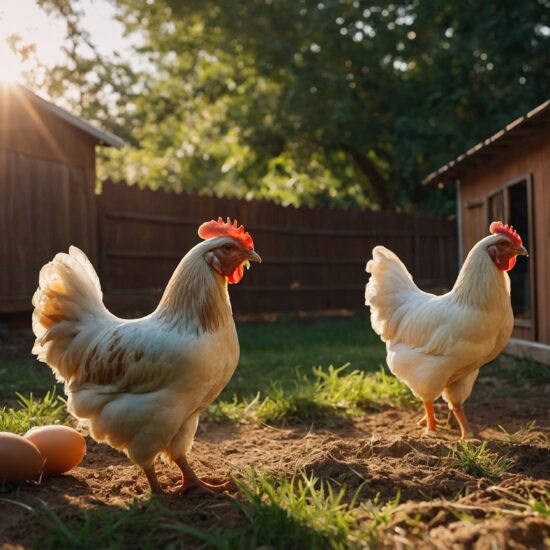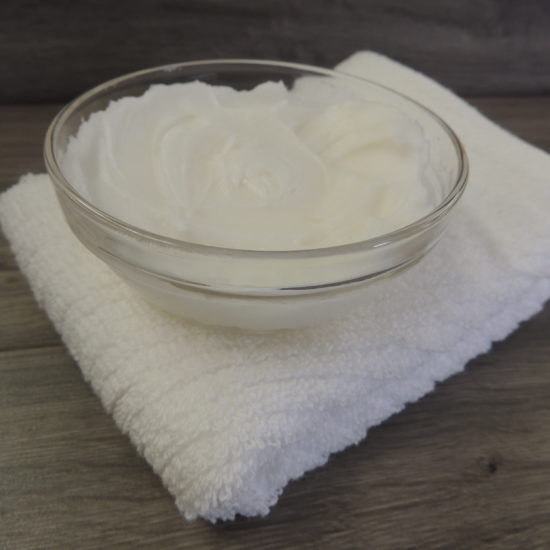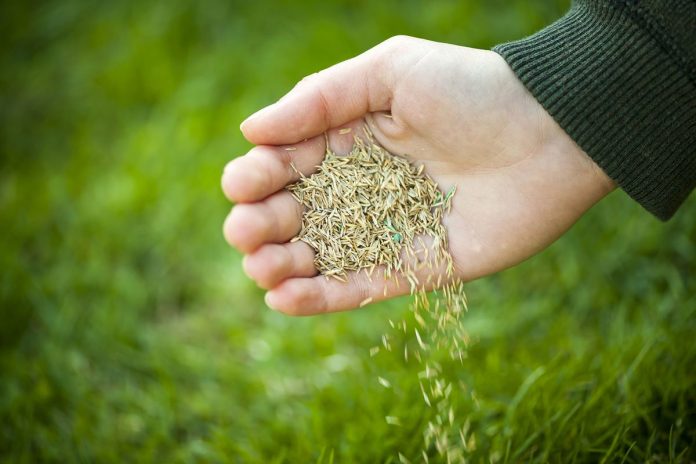
Seed Expiration
Seeds don’t necessarily die, but they might not germinate. You will be very near to maximum germination the first year. But the germination rate will decrease each year that goes by. How long they stay viable depends on the seed form you have, and how it is handled.
How to Save and Store Seeds for Best Viability
If you store surplus seeds from year to year, or seeds from your heirloom plant, storing them in a cold, dry place is safest. Put the seeds in an airtight container like a tight cover pot, an old-fashioned movie tub, or like I do, wrapped in mylar. Mark and date the seeds, and provide the initial seed packet details with the seeds if appropriate. You should dump all the packets into a pint jar with a desiccant packet or a little rice in the bottom for seeds in packets to remove moisture and securely seal the container.
Harvesting Seeds from the Garden
If you save seed from your greenhouse, wait until the fruit or vegetable is completely mature until the seeds are collected and extracted. Make sure the seeds are fully dried until they are placed into the containers.
Then hold the seed containers in a cold, dry place which is regulated by temperature. I’d like to put my seeds on a basement rack, but I’m working for the time being on a refrigerator rack. My downside to the fridge is that most refrigerators are very warm, and if your jar seal is not secure, seeds may have molding issues.
Save seeds from the heirloom varieties only when saving seeds from your greenhouse. Hybrid seeds don’t produce true from generation to generation and you could end up with a poor crop the following year.
How Long Do Seeds Keep?
If you’ve stored your seeds in a safe, dry place, the next year they’ll likely be viable. Plant any earlier than normal however, so others may not germinate. It depends on the sort of seeds you hold, in addition to storage. Some seeds need to be immediately planted, and some need to hold for several years.
Related – A terrifying disaster is upon us (What you can do to keep your loved ones safe during the coming chaos)
Seed Viability
This chart shows how long you should anticipate your crop seeds to attain reasonable viability. Seeds can germinate for a longer period of time, however they are hit or skipped, so you should usually only begin with fresh seed. This chart does not ensure durability, note that there are a number of variables. Those periods are normal, but under optimal conditions can be much longer:
Seed Viability Over Time
0 to 1 Year – Plant Now
2 Years
- Corn
- Leeks
- Okra
- Peppers
- Swiss Chard
3 Years
- Bean seeds of all kinds
- Beets
- Carrots
- Lettuce
- Melons
- Oriental greens
- Peas
- Rutabagas
- Squash
4 Years
- Collards
- Fennel
- Kale
- Mustard
- Pumpkin
- Tomato
- Turnips
- Watermelon
5 Years
- Broccoli
- Brussels sprouts
- Cabbage
- Cauliflower
- Celery
- Cucumber
- Eggplant
- Kohlrabi
- Radish
- Spinach
Storing Seeds in Less Than Ideal Conditions
Even if the seed is kept in less than optimal circumstances, after several years, I have known seeds to germinate and yield a successful harvest. A neighbor once purchased a large number of corn seeds one year, kept them in his garage, and used them with good results for over 10 years until he ran out. If I had done so, they would definitely not have germinated at all, his thumb is greener than mine.
Live plants are crops. Against all odds, some will develop, others will not germinate even though held in ideal conditions. In addition, in adverse environments, many plants perform better. It’s an impossible rule of nature. So, before throwing out some seeds, plant some or check them as I describe below. They might be viable for another year.
Test Your Seeds
There are many ways you can check the plants. You can plant 5 or 10 and see how many germinate, but for most plants, planting many seeds on a pad of moist paper towels is likely easier. Turn them over and growing them in a plastic bag. Put them in a warm place (but not extreme, room temperature is ok). Test them for germination every couple of days. If the seeds are sprouting, you are good at planting. If not, throw them out and start with fresh crop.
What About Survival Seed Vaults?
You’ll notice other online survival seed products packed for 20 to 25 years to keep. Can they still hold those seeds for 25 years? Unfortunately, “maybe” is the best answer I can offer. So much depends on how the seeds are processed. The producers of such sets of seeds bundle the seeds into mylars or cans to keep it dry and cool. If you store them in a cool environment, then you are likely to have viable seeds when you need them. Buy more seeds than you’d plan to need for extra insurance.
Another consideration when seed vaults are considered is that many are filled with popular varieties of seed that may not develop in your neighborhood. Look for vaults containing heirloom seeds which are well established to thrive in your soil and environment.
I prefer to select my seeds individually, because many of the seeds in the common vaults in my location will not grow. If you reside in certain areas of the world, a large-variety vault will fit well for you.
Packing Your Own Seeds
My seed vault consists of packets of heirloom seeds that I have explicitly selected for getting successful results in my region with them. I cover them with a desiccant solution in a mylar bag, since it’s just too hot here. I don’t use an oxygen absorber but other gardeners do. My hypothesis is that seeds are alive and do need some oxygen. I keep them in the fridge. I’ve only stored them this way for around 5 years, but the ones I’ve tested this year have been germinating well. I’m hoping to upgrade them after 10 years but they may last a lot longer.
Related: A Gold Storm Is Coming (Even the most prepared Americans will be blindsided by what’s about to happen.)
Other Self-sufficiency and Preparedness solutions recommended for you:
The Lost Ways (The vital self-sufficiency lessons our great grand-fathers left us)
Survival MD (Knowledge to survive any medical crisis situation)
Backyard Liberty (Liberal’s hidden agenda: more than just your guns…)
Alive After the Fall (Build yourself the only unlimited water source you’ll ever need)
The Lost ways II (4 Important Forgotten Skills used by our Ancestors that can help you in any crisis)
The Patriot Privacy Kit (Secure your privacy in just 10 simple steps)


